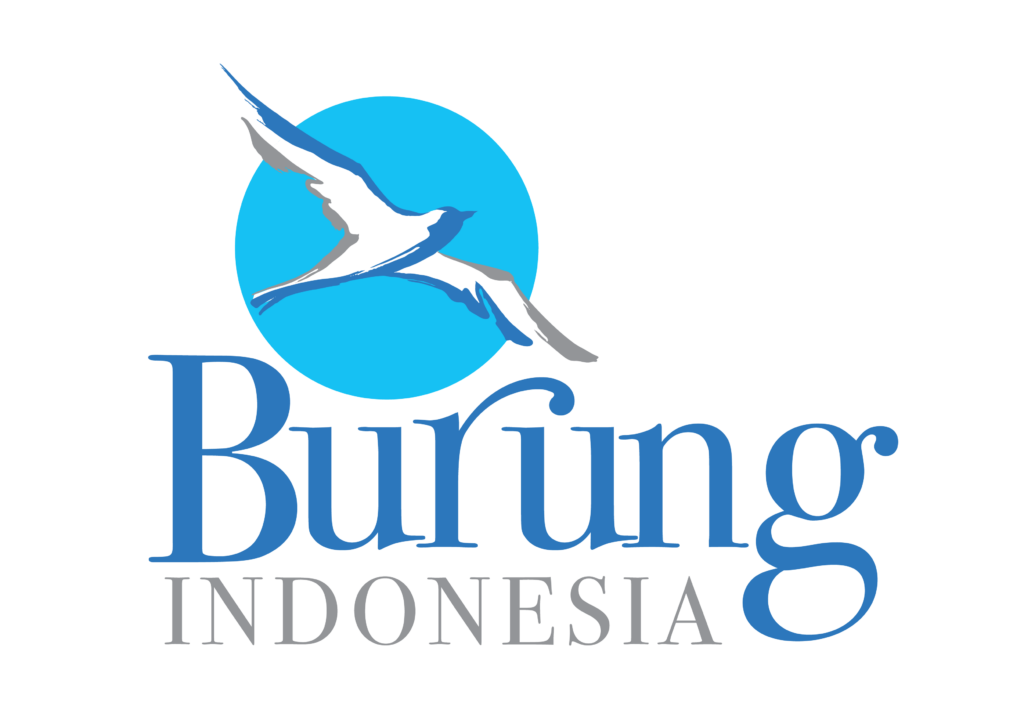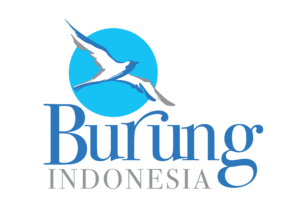Unlike Kailolo, things go differently in Tanimbar. The lands throughout the Tanimbar Archipelago are generally private lands controlled by a customary group.
One village can be owned by several customary groups, or one customary group can control customary territory in several villages at once. These indigenous people are familiar with the sasi system (which is widely known in other areas of Maluku), which is known as moratorium or temporary suspension of activities. When sasi is agreed to be applied in an area, its natural resources are temporarily prohibited from being harvested, solely for preservation purposes.
For example, if a village implements coconut sasi, then for a certain time, usually three months, anyone is prohibited from taking anything that comes from coconut trees in that village. After the validity period of the sasi is over, then all the coconuts can be harvested again.
Sasi for plantation land can usually be mutually agreed upon by the entire population group, or only the users of the land. However, there are also general sasi such as forest and sea. For example, marine sasi is set to last for a year, so for a full year since sasi is enforced, no one is allowed to take marine products. Mass harvesting will be carried out the following year by all villagers and each family is free to take as much marine products as they can.
Sasi can also be applied to other things, for example the cleanliness of village beaches. With the application of sasi, the beach which was too dirty because of being used as a dumping ground for various garbage by the community becomes clean again.
Jika ada pendapat yang akan ikut mengambil hasil bumi suatu besa (baik laut maupun darat) – bahkan termasuk survei penelitian – biasanya tetua adat akan melakukan upacara adat, yang dikenal dengan acara sumbat sopi. Dengan menyediakan sedikit uang syarat (sumbat) dan sebotol minuman tradisional mereka (sopi), sang pendatang menghadap tua adat. Setelah diadakan sedikit ritual dengan bahasa daerah setempat, barulah si pendatang bisa melakukan kegiatannya sesuai kesepakatan.
The essence of the sumbat sopi event is to ask the local residents for permission to enter the village and work there, as well as to ask for the safety of people who will enter the forest, garden, or sea. If migrants enter the village area and take forest products without permission, not only will the locals not help, but they will be expelled or punished.
***
This publication is part of the Archives series of Bird Magazine articles that were circulated in the period 2006-2011. Information regarding the status of birds has been updated with the current status.


